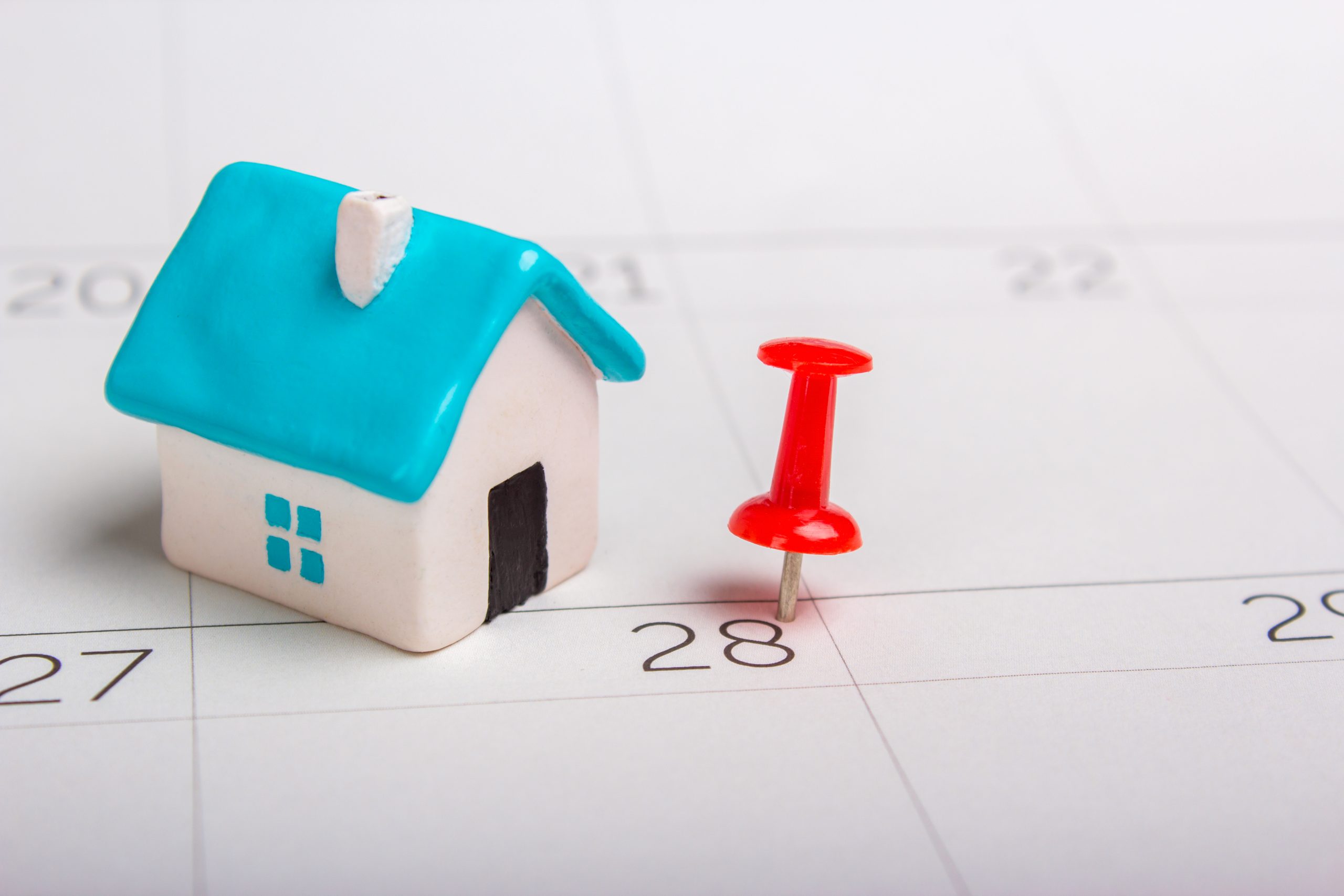Buy To Let
Record rent growth and energy bills squeeze tenant finances

The average tenant household spends 42% of their post-tax income on rent after a huge jump in bills in 2021.
These tenants spent an average £13,560 on rent in 2021, according to analysis by Hamptons, the highest ever proportion seen by the estate agency.
It comes after rents increased by 6.7% year-on-year in February.
Matters are expected to get worse for tenants, as the cost-of-living crisis is estimated to push household bills plus rent to 54% of income by the end of this year.
This will cost the average household an extra £1,008 each year with the total amount they spend on rent and bills set to rise to £17,914 per household by the end of 2022, up from £16,906 in 2021.
Tenants in the South East are worst hit, currently spending 64% of post-tax income on rent and bills, expected to rise to 65% by 2023.
Overall, private tenants spent a collective £62.4bn on rent last year, up from £58.2bn in 2020.
Rental growth is expected to slow to 2.5% by the end of 2022, but the rising bills will offset this slowdown.
Tenants in East Midlands currently spend the highest share of post-tax income on bills at 16%, according to Hamptons. In London, by contrast, the figure is 6%.
Aneisha Beveridge, head of research at Hamptons, said: “Financial pressures are raining down on households, but while last year it was rental growth that ate into tenants’ incomes, this year it’s more likely to be energy costs.
“Rental growth is slowing as affordability pressures bite and we expect rents across Great Britain to end the year 2.5% up on 2021, down from 7% today. However, even if household incomes rise by the forecast 3.75%, it won’t be enough to fully offset rising utility bills and tenants, in particular, will feel the pinch.
“Rent and bills typically tend to get paid first, with whatever money is left over being saved or spent on other things. With more income tied up in essentials, it’s likely that discretionary spending is set to fall later this year which is bad news for the wider economy. And as mortgage rates creep up, homeowners are likely to face similar pressures too.”